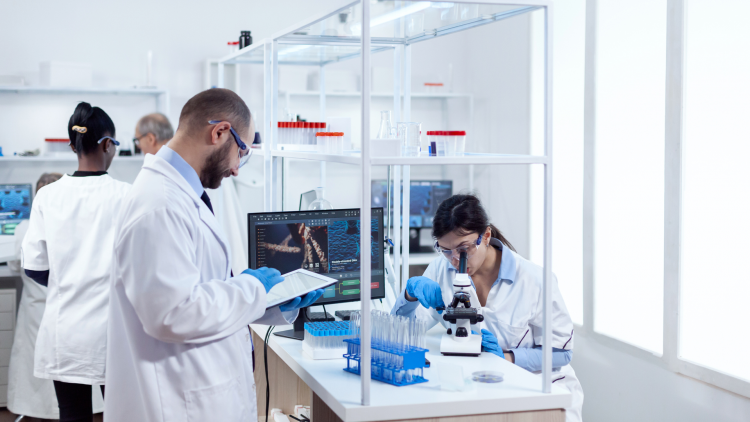“Biohybrid robotics needs an ethical compass”
• With a huge number of possible applications that range from biodegradable robots that clean up the world’s oceans to prostheses built with living tissue, biohybrid robotics could have a revolutionary impact on industry, medicine and the management of environmental pollution.
• An interdisciplinary research team has highlighted the need to establish an ethical framework for this emerging technology, which takes into account its potential societal impacts and lays down rules future innovation — a measure made all the more urgent by the exploitation of animals involved in certain biohybrid robotics projects.
• They recommend the creation of an interdisciplinary body to investigate three categories of ethical questions raised by biohybrid robotics: questions on their interactivity with humans, on their integrability in humans (protheses, etc.), and, given that they comprise living tissue, on their moral status.
Read the article
• An interdisciplinary research team has highlighted the need to establish an ethical framework for this emerging technology, which takes into account its potential societal impacts and lays down rules future innovation — a measure made all the more urgent by the exploitation of animals involved in certain biohybrid robotics projects.
• They recommend the creation of an interdisciplinary body to investigate three categories of ethical questions raised by biohybrid robotics: questions on their interactivity with humans, on their integrability in humans (protheses, etc.), and, given that they comprise living tissue, on their moral status.


Datascore: a simple digital trust rating for connected environments
Read the article

Tom Chatfield: “AI could lead to a massive pollution of the world’s data and the erasure of trust.”
Read the article
David Caswell: “All journalists should be trained to use generative AI”
Read the article
Health: Jaide aims to reduce diagnostic errors with generative AI
Read the article
